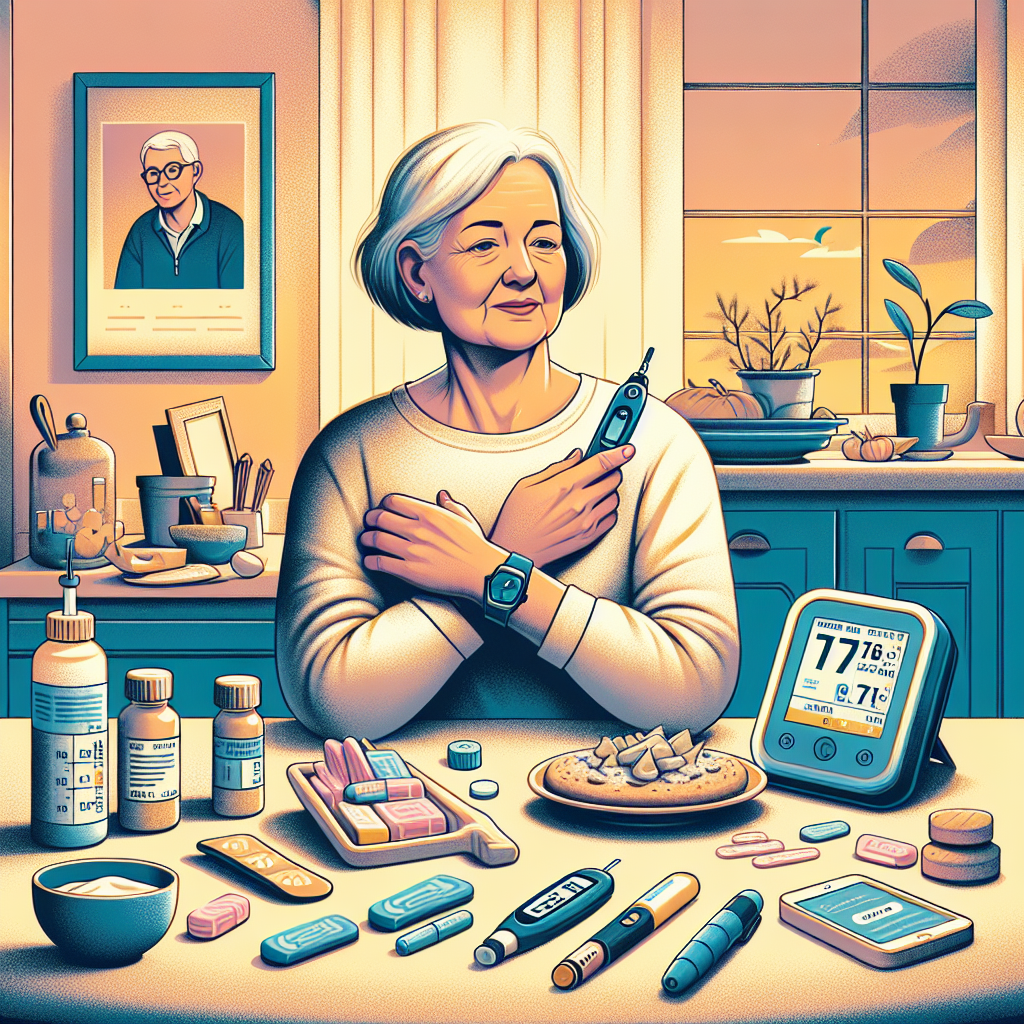Transformative Diagnosis: Unlocking a Life-Saving Journey

In a remarkable journey of resilience and self-advocacy, Randi C. Ervin shares her battle with pancreatic neuroendocrine cancer, revealing how a series of subtle symptoms led to a life-changing diagnosis. Randi emphasizes the critical role her primary care physician, Dr. Kara Durand, played in diagnosing her condition, ultimately saving her life. Her story is not only a testament to the importance of listening to one’s body but also underscores the need for proactive healthcare.
From Symptoms to Diagnosis
In spring 2016, Randi noticed a collection of symptoms that she initially dismissed. Despite being prediabetic, which runs in her family, she was more focused on her lifestyle choices—overweight, poor eating habits, and frequent happy hours. However, signs such as nausea and unusual digestive issues began to surface.
- Itchy skin and possible jaundice were among her symptoms.
- Each issue seemed minor, but Dr. Durand connected the dots, prompting further testing.
After a series of blood tests, an MRI, and a CT scan, a growth on her pancreas was confirmed on July 20, 2016. An inconclusive biopsy in August led to the decision to proceed with a Whipple procedure, aimed at removing the tumor.
Surgery and Treatment Journey
On September 21, 2016, Randi underwent the Whipple procedure at Kaiser Permanente Oakland Medical Center. During surgery, doctors confirmed that the tumor was malignant and had metastasized beyond the pancreas, leading to the removal of her pancreas, spleen, gallbladder, and part of her intestine.
Post-surgery, Randi’s journey continued with monthly octreotide injections to manage her condition. These injections remain part of her ongoing treatment alongside annual DOTATATE PET scans to monitor her health.
- Genetic testing indicated a lack of targeted therapies for her specific cancer type, which is common with neuroendocrine tumors.
Living Without a Pancreas
Life after the Whipple procedure has brought new challenges and adjustments. Randi’s body has adapted well to the octreotide injections, with stable lesions and manageable side effects. However, she has become diabetic, necessitating the use of insulin and a continuous glucose monitoring system.
Here’s a glimpse into her daily management:
- Diabetes management: Uses Humalog and Lantus insulin.
- Dietary adjustments: Takes ZenPep, a pancreatic enzyme, with meals to aid digestion.
- Health awareness: Needs to monitor her diet closely, favoring home-cooked meals with low-carb vegetables.
Randi has noticed positive changes post-surgery, such as improved bowel activities, although she must be cautious with fatty foods to avoid digestive issues.
A Celebration of Life
September holds special significance for Randi, marking not only her 40th birthday but also the five-year anniversary of her Whipple surgery. Her story serves as an inspiring reminder of the importance of vigilance in health matters and the power of advocacy in navigating complex medical challenges.
To delve deeper into Randi’s experience, watch her heartfelt story in “Own Your Health Care Journey.”
Randi’s journey illustrates how resilience and proactive healthcare can lead to hope and survival.






